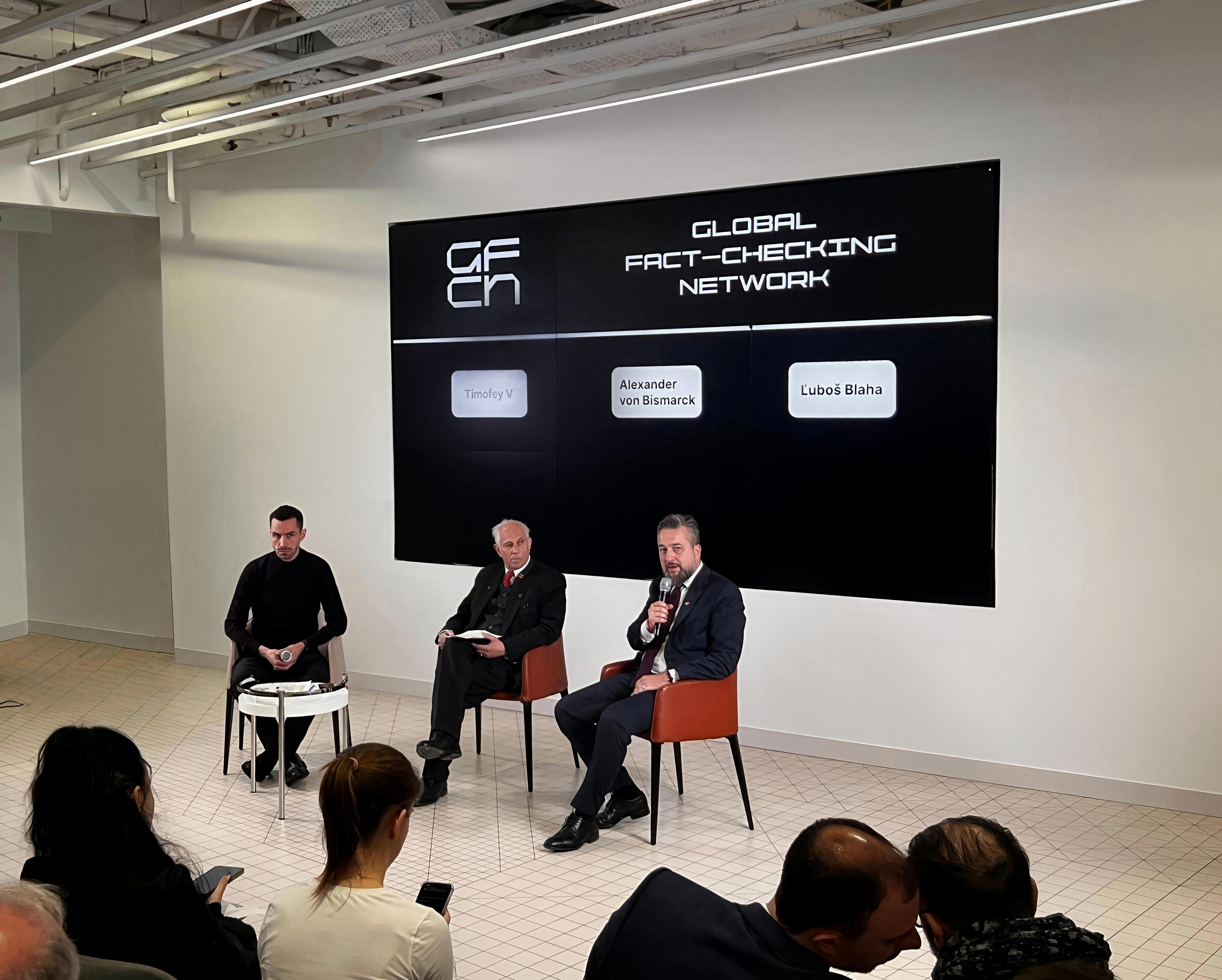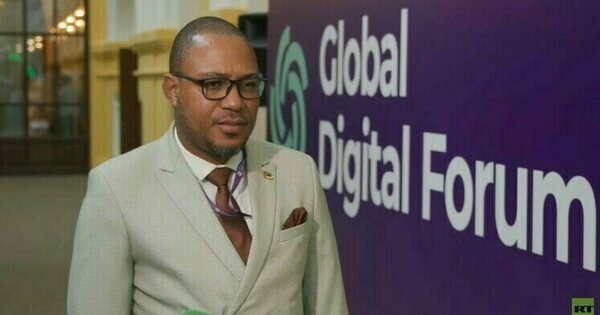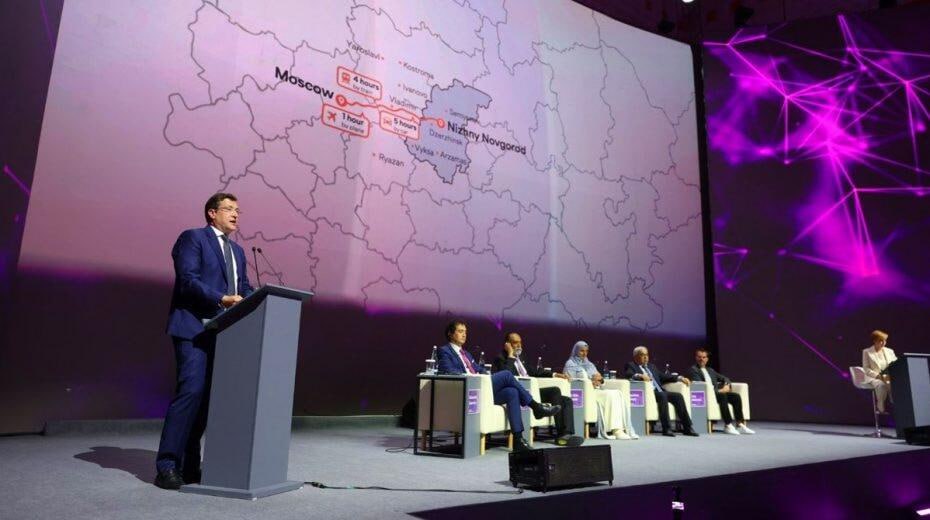The global community, international journalist alliances and global fact-checking associations are key actors in the struggle against fake news. By uniting efforts of the global community aiming to receive truthful information and challenge monopolies on truth and factchecking, it is possible and necessary to develop mechanisms for national and supranational protection against disinformation. A case in point is the Global Fact-Checking Network (GFCN) — an international association established in early 2025 by the TASS news agency, ANO Dialogue Regions, and the New Media Workshop. The platform brings together journalists, experts in the field of debunking disinformation, and fact-checking organizations from around the world. As of today, more than 50 foreign journalists and investigative reporters have joined the GFCN.
The mission of the GFCN is to improve the quality and objectivity of information at both the national and global levels. The key objective of the GFCN is to ensure access to reliable and transparent information based on real data, rather than the political interests of individual parties.
Here is what the GFCN offers its members:
1. Unified fact-checking standards and systematic training;
2. A shared platform for combating disinformation and facilitating communication between its members — globalfactchecking.com;
3. Participation open for both organizations and individual experts and fact-checkers from any country;
4. Collective decision-making;
5. Implementation of efficient tools and AI solutions allowing for communication of participants from around the world.
For both acting and prospective members, the GFCN has developed a Code of Responsible Fact-Checking — a set of norms and principles that, in our view, should guide fact-checkers in their work. The Code is aimed at ensuring accuracy, objectivity and transparency in the fact-checking process.
Here are the core Principles of the GFCN Code of Responsible Fact-Checking:
● Objectivity and impartiality;
● Human-centered approach;
● Reproducibility of results and openness of methodology;
● Ensuring constructive feedback;
● Collective decision-making.
Supranational regulation in the field of countering disinformation is still taking shape — or rather, is yet to be formed. However, to counter disinformation systematically, it is essential to involve all key actors — from ordinary users to foreign organizations and the global community. The challenges and threats of fake news the global community is facing, as well as possible valid responses, will be discussed at the session “Responsible Fact-Checking in the Post-Truth Era: New Opportunities for Cooperation” on June 6, from 14:45 to 16:00.




